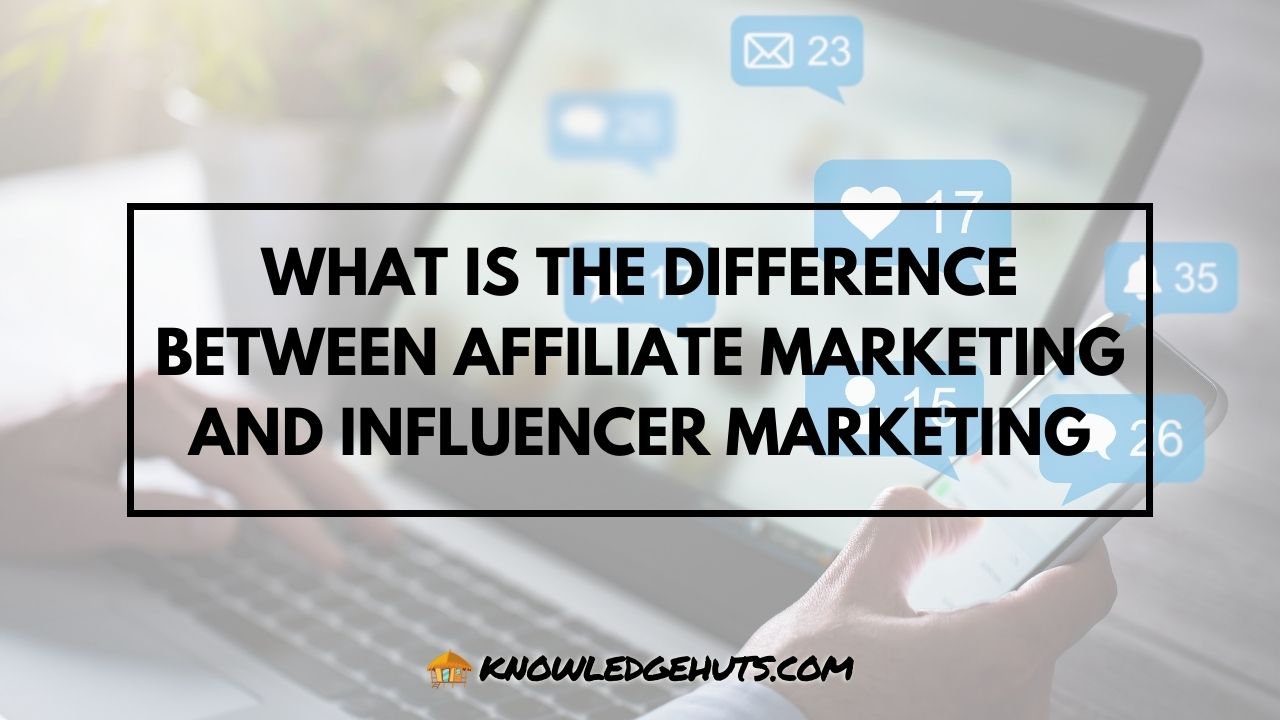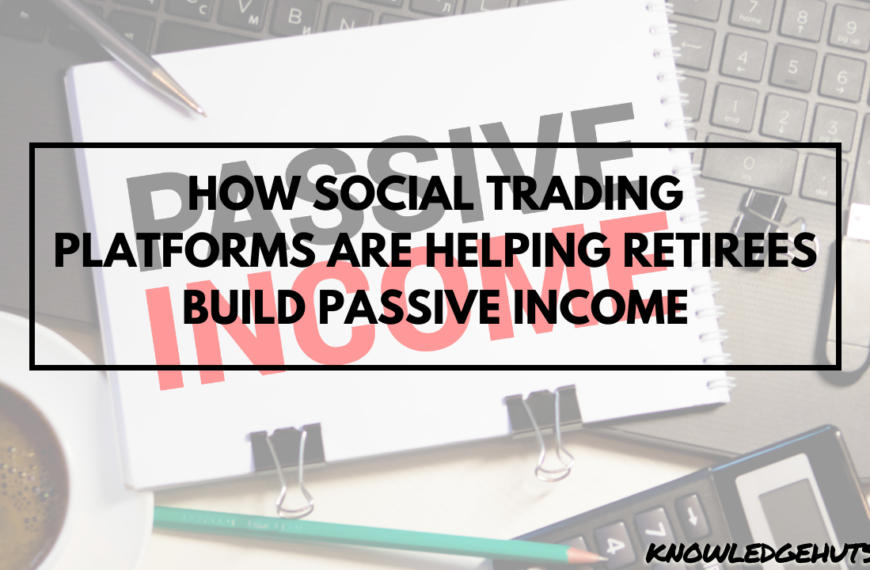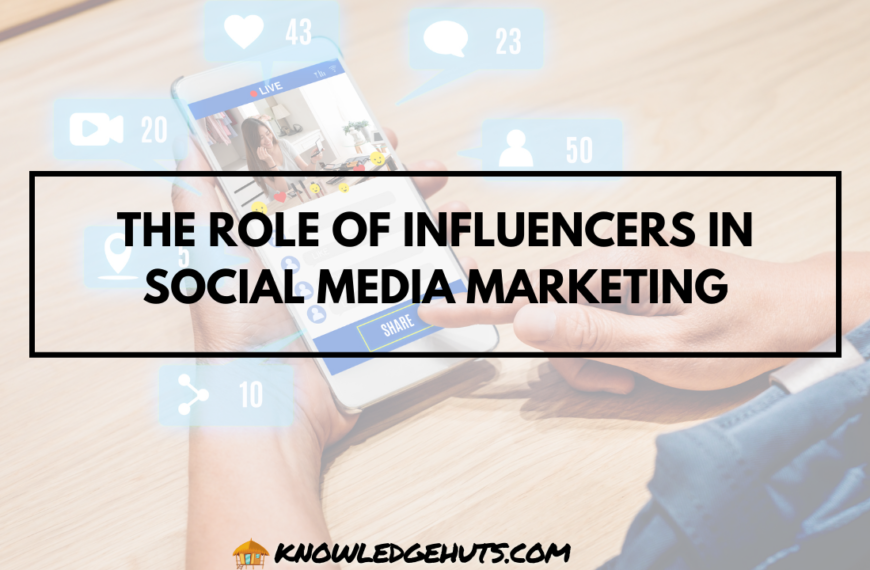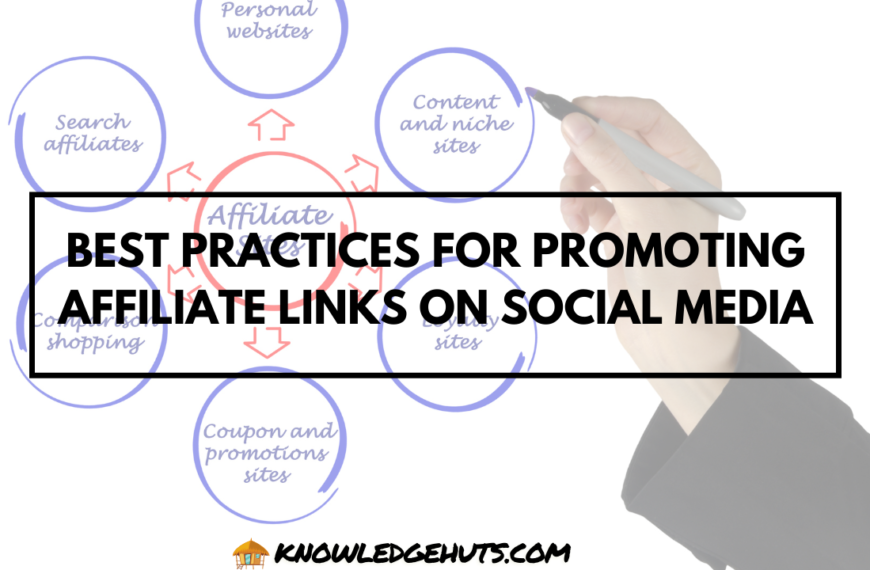In the digital marketing world, affiliate marketing and influencer marketing stand out. Did you know that over 80% of brands use affiliate marketing, and 65% plan to boost their influencer marketing budget next year? It’s key to know how these two strategies differ to help businesses grow online and achieve real results.
Key Takeaways
- Affiliate marketing uses third-party partners to promote and sell products. Influencer marketing relies on famous people to promote products.
- Affiliate marketers get paid based on how well they perform, like a commission on sales. Influencers might get a flat fee or a share of the revenue.
- Affiliate marketing reaches a wide audience. Influencer marketing targets specific groups.
- Affiliate marketing needs less work and management than influencer marketing. Influencer marketing takes more time and effort.
- Both methods can increase engagement, brand awareness, and sales. The choice depends on your business goals and who you want to reach.
Defining Affiliate Marketing and Influencer Marketing
In today’s marketing world, two key strategies have come to the forefront: affiliate marketing and influencer marketing. It’s vital for marketers to grasp what these strategies are all about. This knowledge is key to making their marketing efforts more effective.
Affiliate Marketing Definition
Affiliate marketing is a way for businesses to work with people or groups (affiliates) who promote their products or services. In return, these affiliates get a commission for each sale they help make. This approach lets businesses reach more people and use the influence of their affiliates. It also gives affiliates a chance to make money from the sales they help create.
Influencer Marketing Definition
Influencer marketing is about working with people who have a big following in a certain area. These influencers promote a brand’s products or services to their followers. They do this in a way that feels real and trustworthy, unlike traditional ads. This method uses the trust influencers have built with their followers to help businesses reach new customers.
Affiliate marketing and influencer marketing are both strong tools for businesses today. They offer different benefits and strategies for promoting products or services. Knowing the basics of each can help marketers make better choices and improve their marketing results.
Key Distinctions Between Affiliate Marketing and Influencer Marketing
Affiliate marketing and influencer marketing both promote products or services. Yet, they differ in many ways. Affiliate marketing focuses on making sales and earning money. Influencer marketing builds trust and connects with people.
Affiliate marketers earn by selling products. They get paid for each sale or a set fee. Influencers get paid for their reach and how well they connect with their audience.
Affiliate Marketing Commissions
In affiliate marketing, earnings depend on sales. The more sales, the more money affiliates make. Commissions can be low or up to 50% or more, based on the industry.
Influencer Marketing Strategies
Influencer marketing aims to create lasting relationships with influencers. They might get paid a flat fee or share in the revenue. This approach focuses on building trust and loyalty.
The main difference between affiliate marketing and influencer marketing is their goals and how they pay. Affiliate marketing is all about sales. Influencer marketing is about building trust and awareness.
| Affiliate Marketing | Influencer Marketing |
|---|---|
| Transactional, focused on sales and revenue | Relationship-based, focused on brand awareness and engagement |
| Compensation based on performance metrics (e.g., percentage of sales, flat fee per conversion) | Compensation based on the value the influencer brings (e.g., reach, engagement, authenticity) |
Knowing these differences helps businesses choose the right marketing strategy. It also helps them meet their goals and connect with their audience.

“Affiliate marketing is about selling, while influencer marketing is about building relationships and trust.”
The Difference Between Affiliate Marketing and Influencer Marketing
Compensation Models
Affiliate marketing and influencer marketing have different ways of paying people. In affiliate marketing, you get paid when you help sell products or get leads. This method focuses on results and sales.
Influencer marketing pays based on the value they add to a brand. This includes their reach, how much people interact with their content, and how real their endorsement seems.
Target Audiences
Affiliate marketing aims at a broad audience, using many affiliates to promote products. These affiliates can have different levels of influence. The goal is to get more people to buy things.
Influencer marketing targets a specific group of people. It works with influencers who have a lot of followers that match the brand’s ideal customer. This approach focuses on reaching the right people.
When looking into affiliate marketing commissions or influencer marketing platforms, knowing the differences can help you choose the best strategy for your business proposal. Using affiliate marketing networks or working with influencer marketing trends can help you connect with your audience effectively.
Conclusion
Affiliate and influencer marketing are both powerful tools to reach new audiences and boost your brand awareness. But, choosing the right strategy depends on your specific goals.
- If driving sales and conversions is your top priority, then affiliate marketing’s performance-based approach might be the way to go.
- But if you want to build brand loyalty and trust, influencer marketing can leverage an influencer’s established credibility to connect with their audience on a deeper level.
Ultimately, the best approach might even be a combination of both! Consider your target audience, budget, and marketing goals to determine which strategy (or hybrid) will be most effective for your brand.








